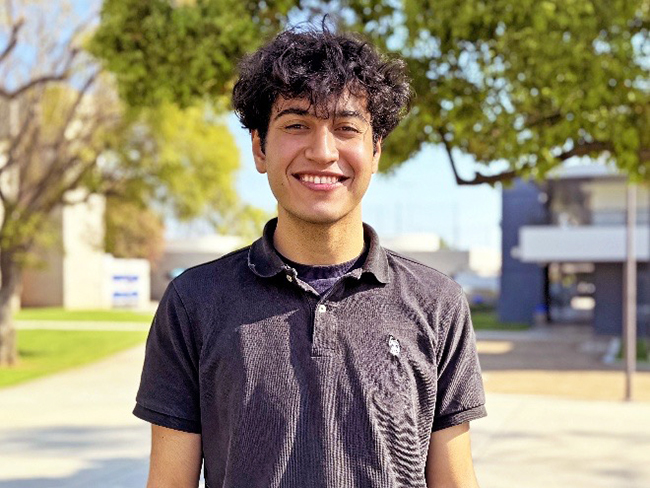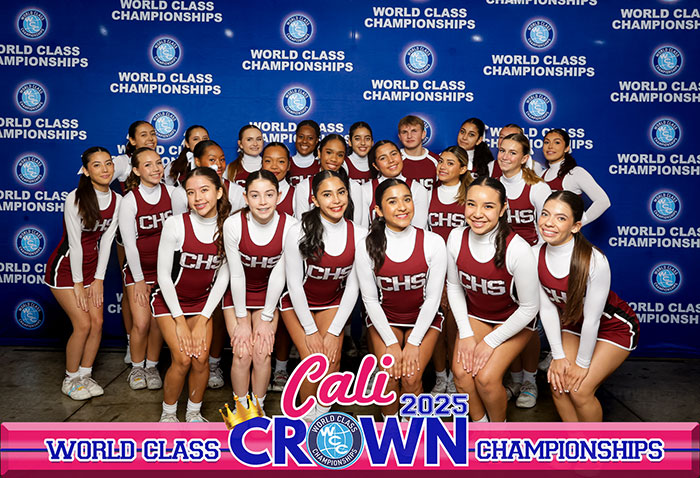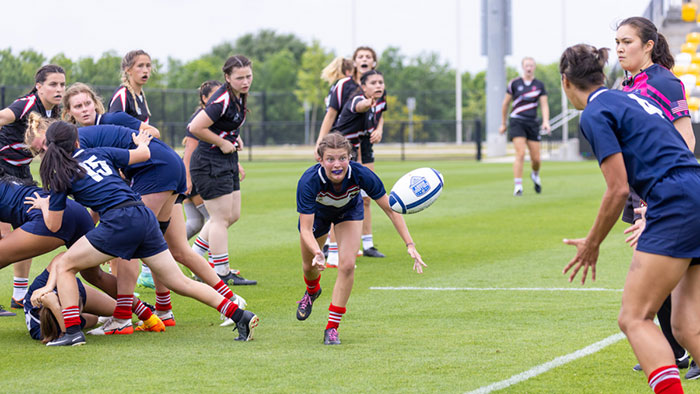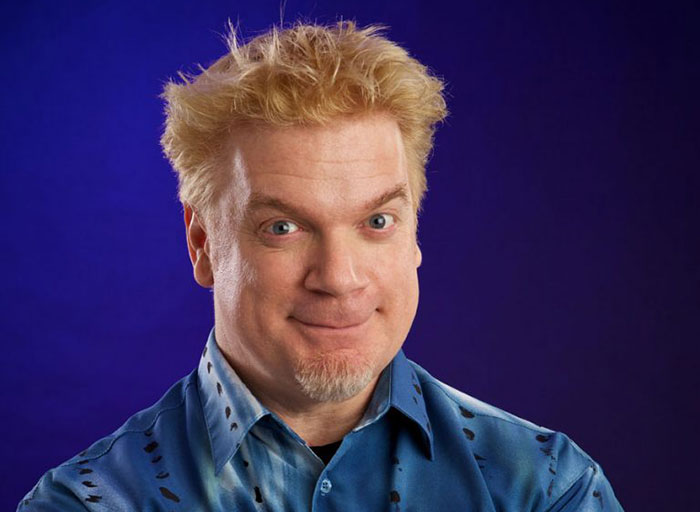Think tank has influence, conservative agenda
Claremont plays host to 5 undergraduate colleges, plus Claremont Graduate University, Keck Graduate Institute and the Claremont School of Theology. With all that higher education going on, it would be easy to mistake the Claremont Institute for another college.
It is true the institute was founded by 4 students of Harry V. Jaffa, a professor emeritus at CGU and Claremont McKenna College. It also boasts a few CMC and CGU professors among its board members and as fellows.
It is not, however, an institute of higher education, but instead a conservative think tank with a surprisingly wide national reach. The nonprofit’s organization aims are ambitious, according to their website.
“The mission of the Claremont Institute is to restore the principles of the American Founding to their rightful, preeminent authority in our national life. To recover the founding principles in our political life means recovering a limited and accountable government that respects private property, promotes stable family life, and maintains a strong national defense.”
Among other activities, the Claremont Institute grooms future conservative leaders via internships and fellowships. It also, under the auspices of its Center for Constitutional Jurisprudence, makes its presence felt in the courtroom through “strategic litigation.”
The Claremont Institute’s strongest area of influence is arguably in the media, however. Take, for instance, William J. Bennett, a Washington Fellow of the Claremont institute who also serves on its board.
Mr. Bennett, who will be honored at a May 16 dinner with the institute’s 2013 Statesmanship Award, provides regular commentaries for CNN and writes for the National Review Online, National Review and Commentary.
In recent months, he has recommended the arming of school personnel to protect children against shooters, expounded on the benefits of fracking and chastised President Obama and his administration for what he asserts is criminal inaction during the September attack on the US Embassy in Benghazi, Libya.
Mr. Bennett has taught at Boston University, the University of Texas and Harvard, and is the author of 20 books, including 2 New York Times bestsellers. He served as Secretary of Education under Ronald Reagan and as Director of the Office of National Drug Control Policy under President George H. W. Bush. Such accomplishments lend heft to his punditry.
Mr. Bennett landed in more than a little hot water in 2005 for a comment he made during his radio show “Bill Bennett’s Morning in America”: “I do know that it’s true that if you wanted to reduce crime, you could—if that were your sole purpose—you could abort every black baby in this country, and your crime rate would go down. That would be an impossible, ridiculous, and morally reprehensible thing to do, but your crime rate would go down.”
While Mr. Bennett’s comments were widely decried by Democratic politicians and civil rights advocates, he maintained that they weren’t based on racism. Instead, they were based on the best-selling book Freakonomics, which asserts that an increase in abortions occurring generations ago had led to falling crime rates. Mr. Bennett has contended he could have easily made the same observation about the hypothetical aborting of all male babies or of all babies conceived by single mothers.
“I’m sorry if people are hurt, I really am,” Mr. Bennett later said. “But we can’t say this is an area of American life [and] public policy that we’re not allowed to talk about—race and crime.”
Others have accused the Book of Virtues author of hypocrisy for professing to be an expert on morality when, as a New York Times article reported, Mr. Bennett lost more than $8 million gambling at Las Vegas and Atlantic City casinos between 1993 and 2003. Mr. Bennett was not found to have incurred any debt through his high-rolling hobby, nor has he ever publicly decried gambling.
Mr. Bennett has recovered well enough from any scandals that he is still a widely heard voice in media discussions of current affairs.
Conservative Claremont
Claremont has its share of conservative citizens, from the right-leaning students and staff at Claremont McKenna College to several COURIER readers who have penned letters to the newspaper in the wake of the last election, decrying the reelection of Obama as a vote against self-sufficiency. The last election notably featured Claremont Republican Donna Lowe, a self-professed Tea Party member, vying for a seat in the 41st Assembly.
Overall, though, Claremont is viewed as a liberal town. Professors, musicians and students may be regularly seen roaming the streets of the Village, the city has been decreed a “Fair Trade Town” and a weekly peace demonstration, calling for an end to US military entanglements in the Middle East, has been ongoing for years. Sustainable Claremont is working with the city to lessen its carbon footprint and increase its greenness and you don’t have to look far to find a drum circle in which to participate.
Such characteristics make for quite a contrast with the Claremont Institute, whose members have not returned repeated phone calls by the COURIER. The following is an exploration of a few of the contrasts between the activities of the Claremont Institute and those of the city’s more liberal contingent.
Islam in our midst
Not long ago, the Claremont School of Theology launched Claremont Lincoln University, which founders describe as “an ecumenical and interreligious institution with the vision of becoming a university where practitioners of the world’s religions can come together, learning and practicing how to treat others as they would like to be treated.”
In 2011, the Islamic Center of Southern California (ICSC) founded Bayan College, the Muslim member of the Claremont Lincoln University Consortium. According to administrators, it is one of the first schools to train Sunni and Shiite imams entirely within the United States. Claremont Lincoln’s master’s degree in religious leadership in Muslim contexts is said to be the first such graduate program in the country.
While the partnership between ICSC and Lincoln University as well as groups like the Claremont Interfaith Council look to foster collaboration and understanding between local Muslims and the rest of the community, the Claremont Institute and its representatives typically strike a more cautionary note.
For instance, Brian T. Kennedy, president of the Claremont Institute, and Michael del Rosso, a Lincoln Fellow at the Claremont Institute, are of the authors who contributed to the book Shariah: The Threat to America: An Exercise in Competitive Analysis (Report of Team B II), 2011.
The book questions the widespread belief that the activities of terrorist organizations like al Qaeda represents a perversion of Islam, positing that sharia, the moral code or religious law of Islam may, in itself, pose a distrinct and ongoing danger.
On the website (http://shariahthethreat.org/), the authors pose the following questions: “What if there actually is a direct tie between what recognized, mainstream authorities of Islam call “shariah” and the jihad (or holy war) it demands of adherents, some of which is manifested as terrifying violence? What if, in addition, jihadists engage in non-violent—and, in some ways, far more insidious—efforts to accomplish the same goal: the supremacy of shariah worldwide under a caliph?”
Gay rights
While Christmas 2011 in Claremont was marked by the vandalism of a Claremont United Church of Christ nativity scene featuring same-sex couples, the city is, in many ways, a bastion of gay-friendliness.
Fully 7 Claremont Churches are listed among California’s “gay affirming churches” on the gaychurch.org website. The Claremont United Methodist Church has called upon the General Conference of The United Methodist Church to adorn gay, bisexual and transgendered people and to allow them to serve in UMC congregations.
Staff, board members and fellows of the Claremont Institute, by contrast, tend to speak openly against gay rights issues such as same-sex marriage. In 1998, the institute co-hosted, along with the National Association for the Research and Therapy of Homosexuality, a conference titled “Making Sense of Homosexuality,” an event that was condemned by the Los Angeles City Council.
In 2004, Claremont Institute senior fellow Mr. Jaffa pronounced homosexuality immoral on the basis that it violates natural law. Here is an excerpt from his defense of this view:
“The first thing I think I should say is why I regard homosexuality as against natural law.
“I challenge anybody who wants to defend homosexuality to say if they condemn slavery and genocide. Assuming they do condemn slavery and genocide (unless they are some kind of a Hitler) I think we would say that all would agree today that slavery and genocide are wrong. The first thing I think I should say is why I regard homosexuality as against natural law.,” he said.
“The Equal Protection Clause had nothing to do with idiosyncratic qualities as represented by homosexuals,” he continued. “Some people are born with homosexual inclinations while others are born with an inclination to steal things. What is the word? Kleptomania. An inborn tendency to kleptomania or other such tendency, in no way justifies stealing. When people are born with dispositions to depression or other kinds of mental illness, we do our best to be kind and sympathetic and help them overcome the obstacles they face. However, it cannot become a norm for the behavior of human beings as such.”
Many policy experts say that think tanks exert an enormous amount of influence in politics and in the media. With this in mind ,it’s worth exploring the Claremont Institute, the think tank in our midt.
In an upcoming edition, the COURIER will delve into the stances and activities of members of the Claremont Institute’s in the realm of environmental views and policies.
—Sarah Torribio
storribio@claremont-courier.com










0 Comments